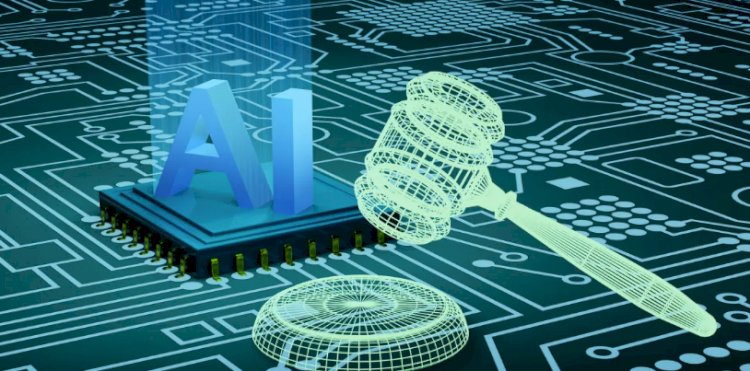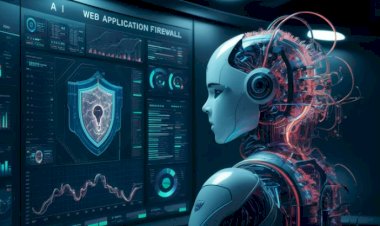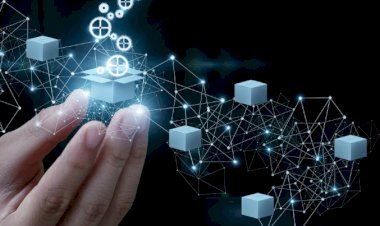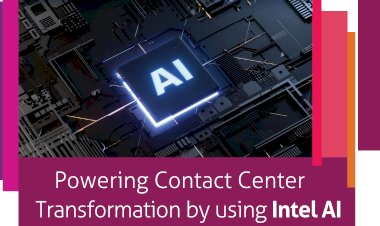AI Regulations: From Algorithms to Accountability

Artificial intelligence has quickly moved beyond science fiction and into our daily lives. It runs our search engine, makes purchasing and viewing recommendations, helps physicians diagnose patients, and even operates our vehicles. Artificial intelligence (AI) has become an integral part of our everyday lives, posing a number of ethical, legal, and regulatory problems that call for careful consideration and early action.
In the era of rapid technological advancement, the issue of AI regulation affects not only legislation but also the structure of our society, the health of our economy, and the protection of our rights and morals. To guarantee that we fully utilize AI while taking responsibility for its effects, it necessitates educated participation and flexible rules.
It is critical to keep in mind that the road toward AI regulation is still being traveled. Technology is developing at a never-before-seen rate, and moral questions are always coming up. Because of this, our legal system needs to be flexible, sensitive, and adaptive in order to take new developments and ethical revelations into account. Each and every stakeholder is vital to this project. In the end, we can work together to make sure that laws pertaining to AI preserve our common ideals and serve the greater good.




















